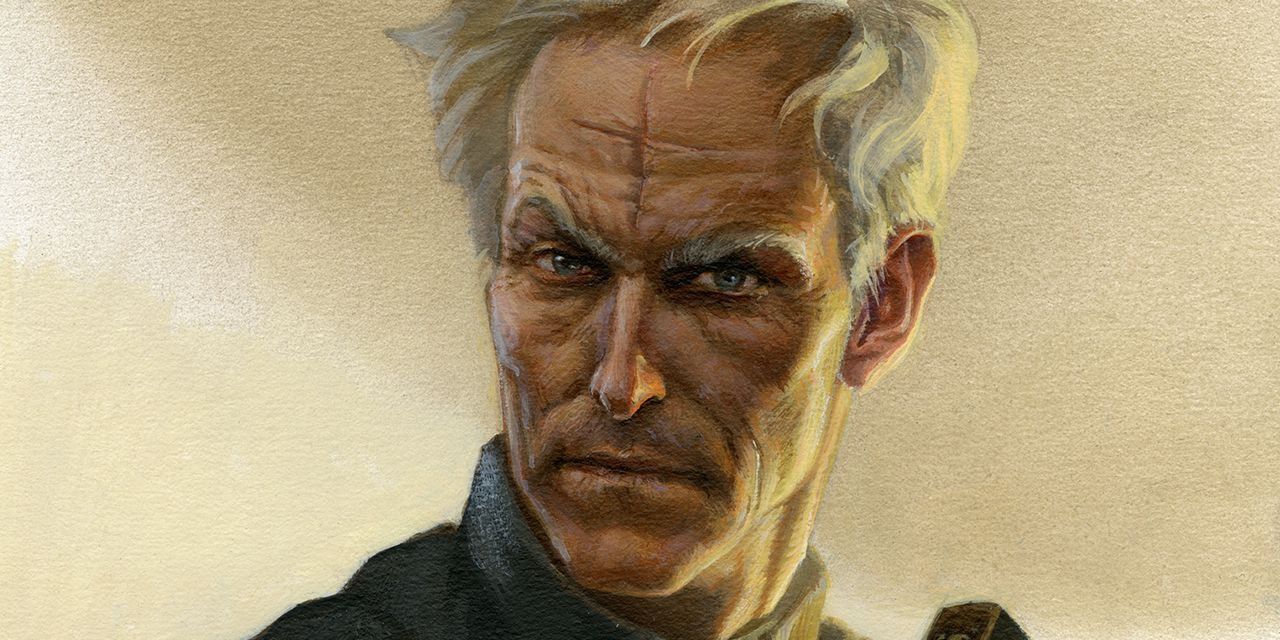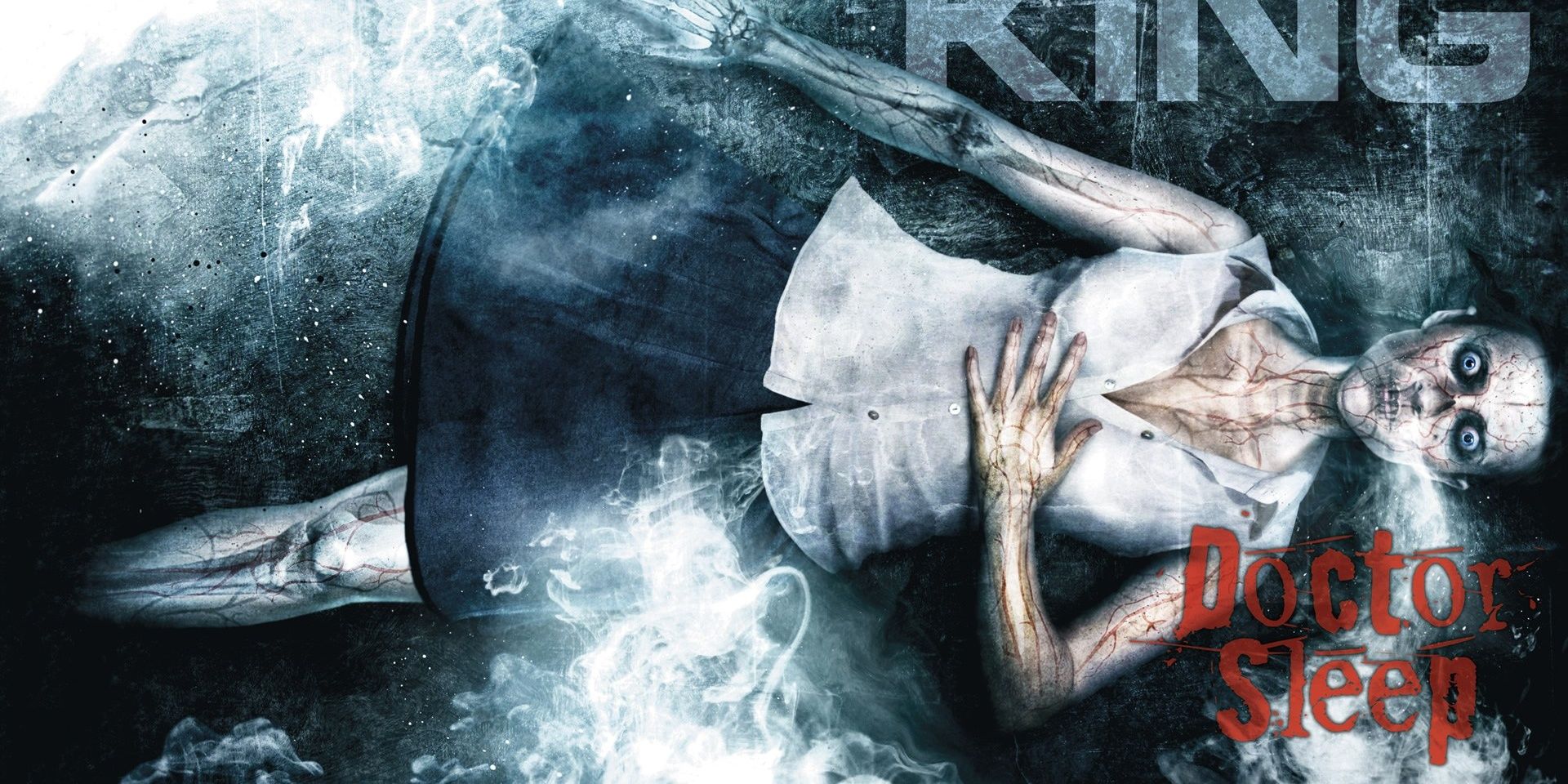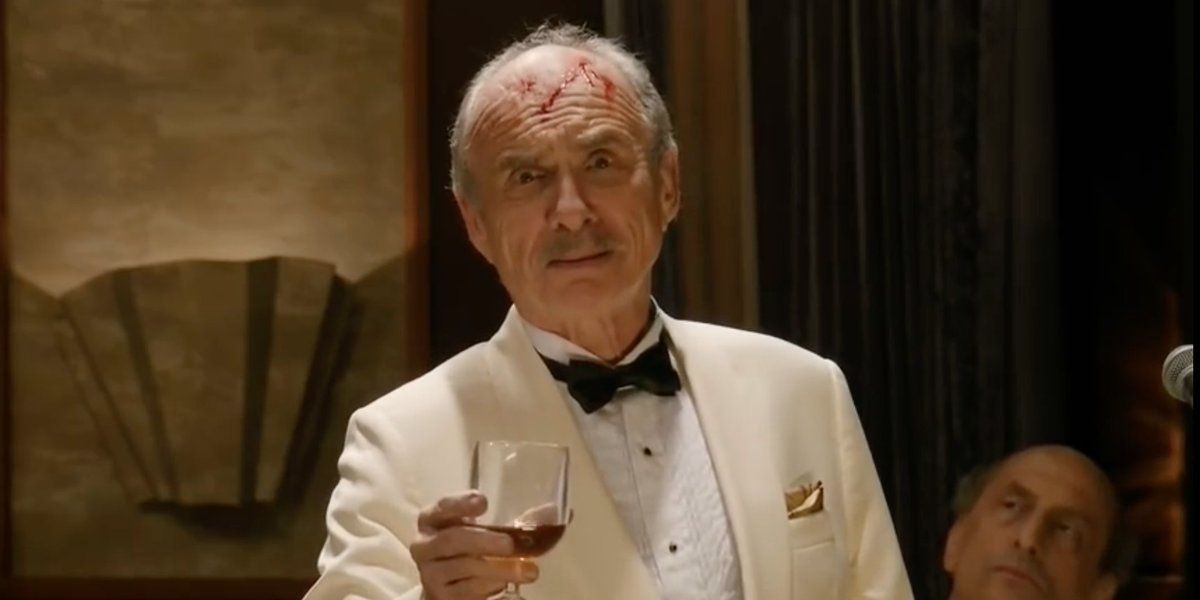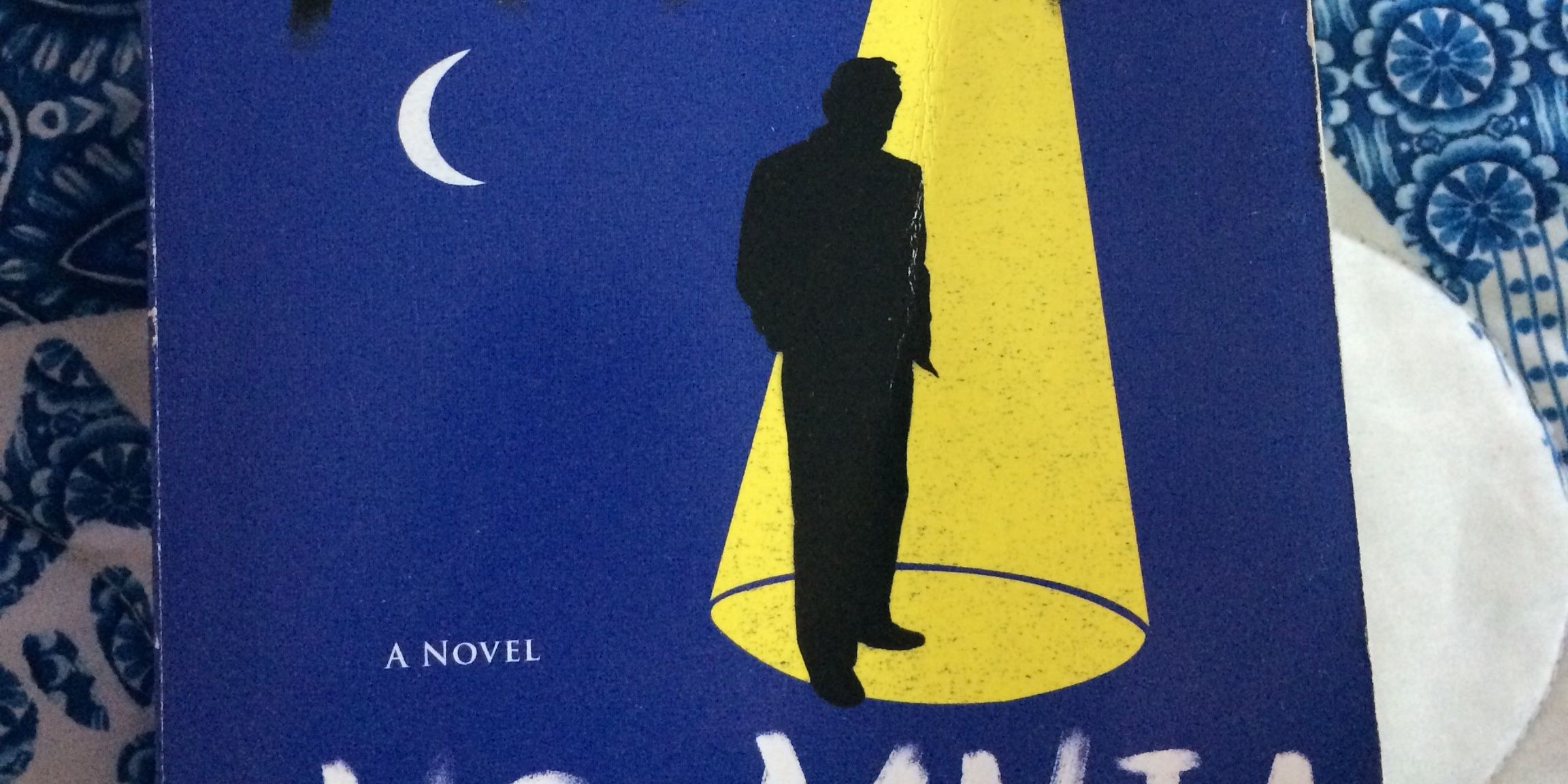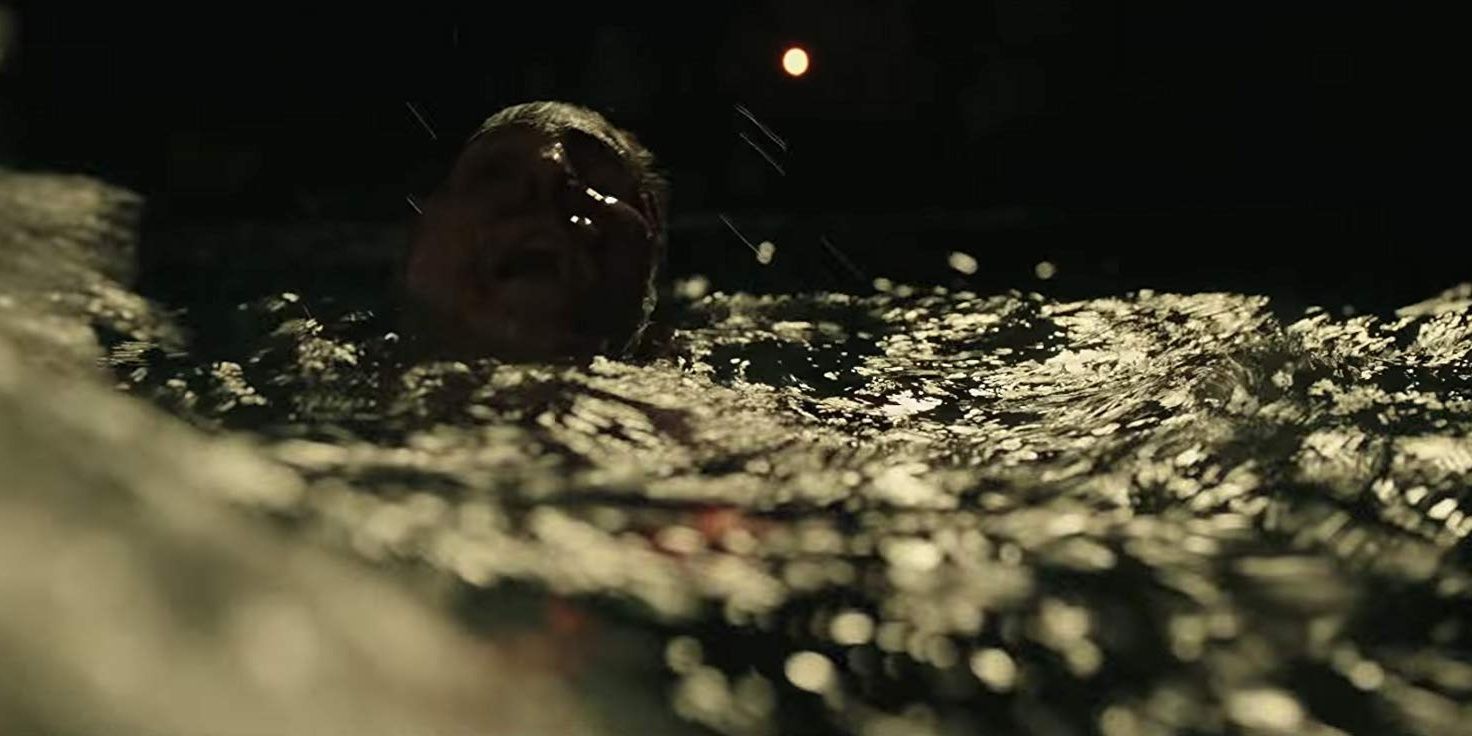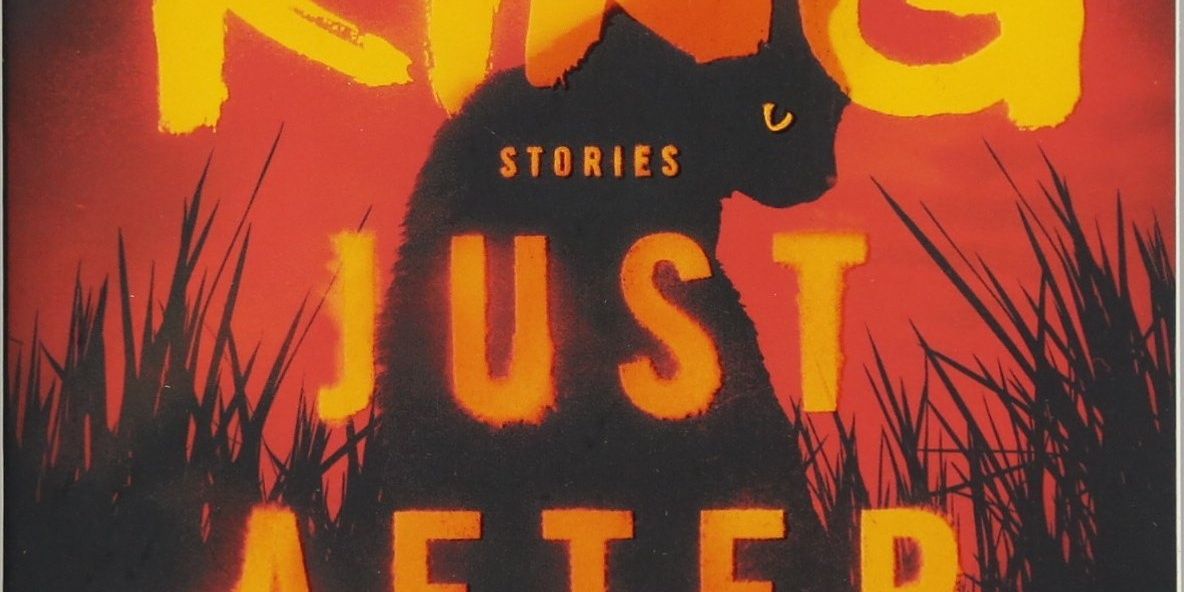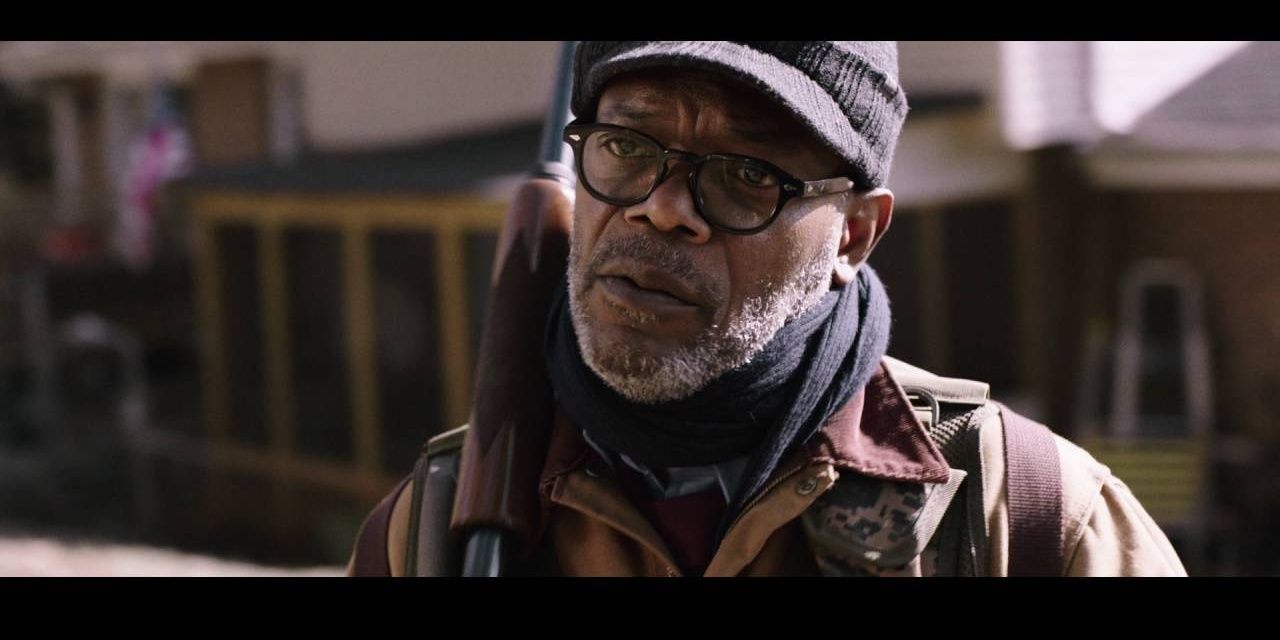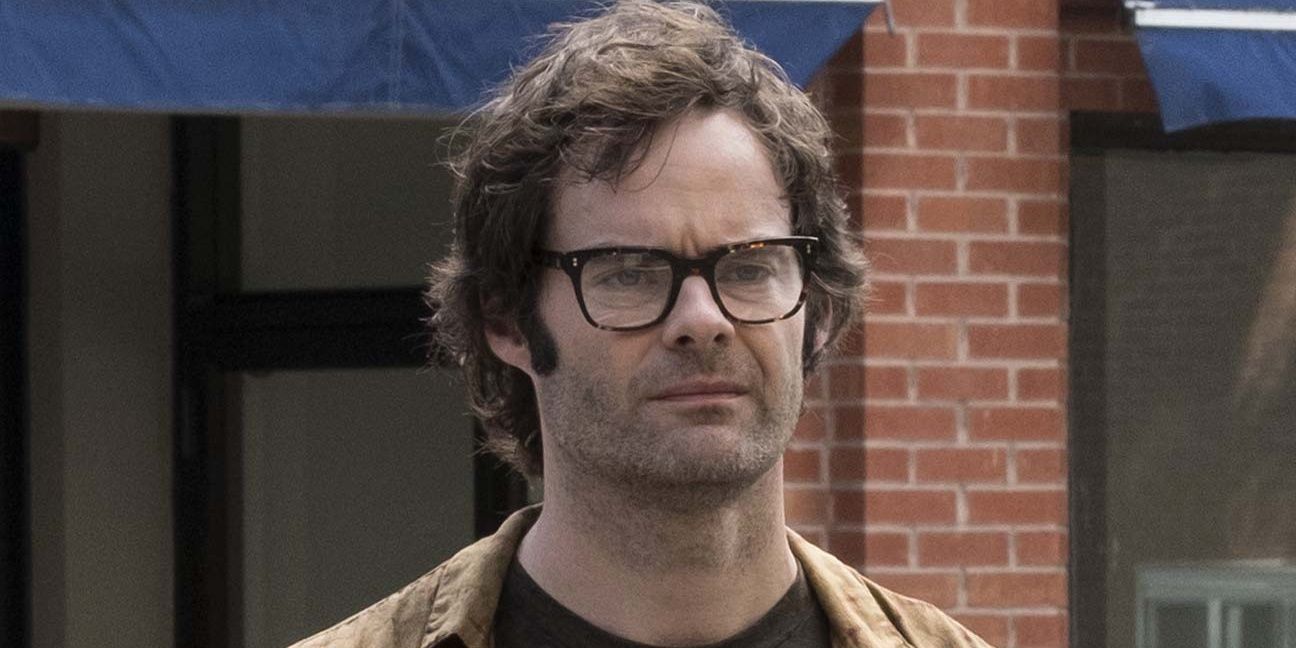It is hard to argue that one of the most prolific authors of our time has to be none other than the master of horror, Stephen King. The author has written some of the best and most engaging novels over the last few decades, and shows no signs of stopping now.
What some may not realize however is the vast list of LGBT characters in the Stephen King universe. Whether they are secondary characters, antagonists or crucial to the novel’s plot, the author has naturally integrated profound characters that deserve recognition. Here are the best LGBT characters in his works.
Andi
One of the first characters that needs to be introduced has to be Andi from Stephen King’s Doctor Sleep, the sequel to The Shining. Otherwise known as Snakebite Andi, the woman was one of the first to join the villainous leader of the group known as the True Knot known as Rose the Hat.
After a troubled family situation led her to hate men, Andi joined the True Knot group, who were a group of nomadic psychics who fed off the stem of children gifted with The Shining. She can make people fall asleep through suggestion, and is in a relationship with another female member.
Horace M. Derwent
One of the most powerful entities in Stephen King’s The Shining was the ghost of the Overlook’s founder and primary owner, Horace M. Derwent. The businessman was able to have a controlling interest in the hotel after he sold it to California Investors. With deep connections to organized crime, he was able to facilitate crimes within the hotel.
His ghost haunted the Torrance family in The Shining, and later haunted Danny, who locked him in a box in his mind for decades. He was released during the battle with True Knot in Doctor Sleep, and in both books was revealed to be bisexual.
Bill
In the novel Insomnia, protagonist Ralph Roberts is a widower who finds himself in the midst of an almost cosmic battle as The Crimson King influences a once well known neighbor to become violent and alter the course of the multiverse, and only Ralph Roberts has the power to see what’s happening and stop it.
One of his closest friends in the book is a gay man named Bill McGovern, who is known for constantly wearing a Panama hat and goes to visit Ralph in the hospital later on. Sadly, Bill passes away, but his friendship with Ralph lives on.
Adrian Mellon
One of the most iconic LGBT characters in Stephen King’s multiverse who just recently had a starring role in the film It: Chapter 2 is Adrian Mellon. The character is a gay man who is attacked by homophobic locals and subsequently thrown into the local river after the attack.
It is there that Pennywise, emerging after his long slumber, finds the man and subsequently ends his life, feeding off his fear. Despite his brief appearance, Adrian is the one whose attack brings the Loser’s Club back to the small town to battle the ancient evil they stopped once as kids.
Helen
Another character from Stephen King’s novel Insomnia also features someone's realization of being a member of the LGBT community. That person is Helen, aka Helen Deepeneau. The wife of secondary antagonist Ed Deepeneau, Helen escapes her abusive husband and flees to a woman’s shelter for protection while protagonist Ralph tries helping.
Ed, being manipulated by the Crimson King, tries to eliminate his wife for signing a pro-abortion petition. She is later seen in the novel engaging in a relationship with a female friend of hers, showing perhaps a side to herself she had been denying for a long time.
Dayna
One of the strongest characters of Stephen King’s The Stand has to be Dayna Jurgens, a young bisexual woman and proud feminist who traverses a dangerous new world after the apocalypse occurs. After staging a revolt to overthrow the violent gang that captured her and other women, she joins Stu Redman’s group and eventually the Boulder Free Zone.
Agreeing to spy on Flagg for the group, she infiltrates his inner circle. However she is discovered, and her attempt to end Flagg fails. Before she can reveal the third spy’s identity and more information, she kills herself to keep Tom Cullen's cover intact.
Curtis
One character fans of King’s works may have overlooked comes not from a novel, but a short story called A Very Tight Place. Found in the collection of short stories known as Just After Sunset, the story follows protagonist Curtis, a gay man who finds himself trapped inside of a portable bathroom by his homophobic neighbor.
What is most interesting about this character is not only is he Stephen King’s first gay protagonist ever in a story, but the author treats his sexuality subtly and still focuses on the story itself, allowing who he is to feel naturally well-treated.
Tom McCourt
While never identified as one specific sexual orientation or another, this next character was referred to as a prominent queer person in Stephen King’s novel, Cell. The character is secondary character Tom McCourt, an older man who was in Boston the day the Pulse hit and turned most of the population into ravenous, zombie like creatures.
Alongside protagonist Clay and fellow survivor Alice, the trio set out to survive and hopefully find Clay’s wife and son, whom he had been on his way to see before the Pulse hit. Tom never expresses his identity, but hints at it several times.
Father Callahan
One of the best, most complex characters in Stephen King’s works that later identifies as gay is Father Callahan. First introduced in the author’s novel Salem’s Lot, the former priest is shown having survived his encounter and wandering homeless and aimless in New York City. He eventually finds himself in a good shelter where he meets a helping a man named Lupe, whom he falls in love with.
The romance is sadly not meant to be, but it showcases the layered and complex nature of Father Callahan. He later goes on to join Roland’s group of heroes in the Dark Tower series.
Richie Tozier
One character that hinted at his hidden sexuality in the novel and explored it within the latest Stephen King hit film adaption has to be Richie Tozier from King's iconic novel It. The kid who would grow up to be a famous comedian was the most vocal of the Loser’s Club, and helped the adults of the group fight Pennywise once and for all in the small town.
Brought to life by Bill Hader, the movie touched on the hints explored in the novel. Forced to hide his sexual orientation as a gay man, Pennywise preyed on that fear later on.

